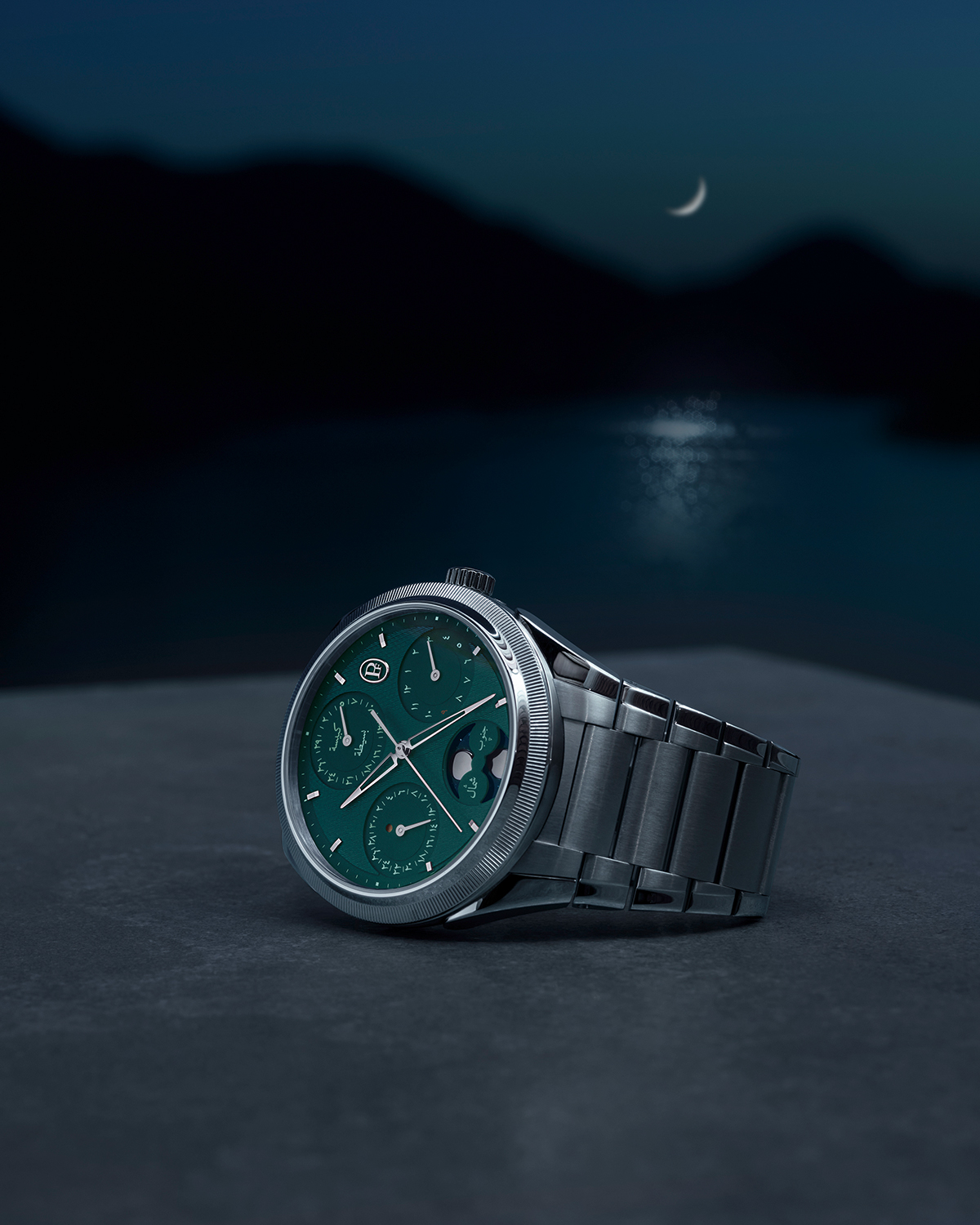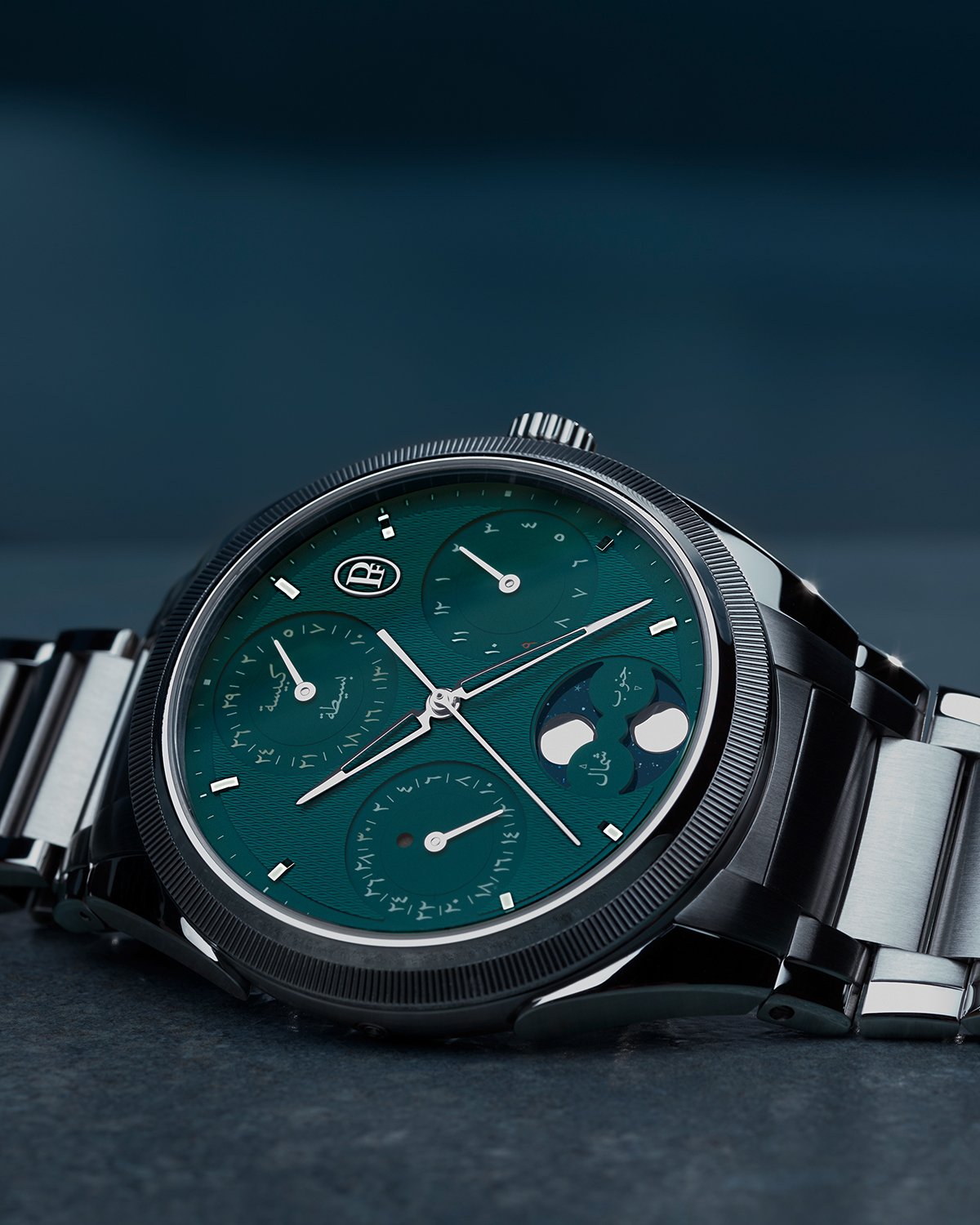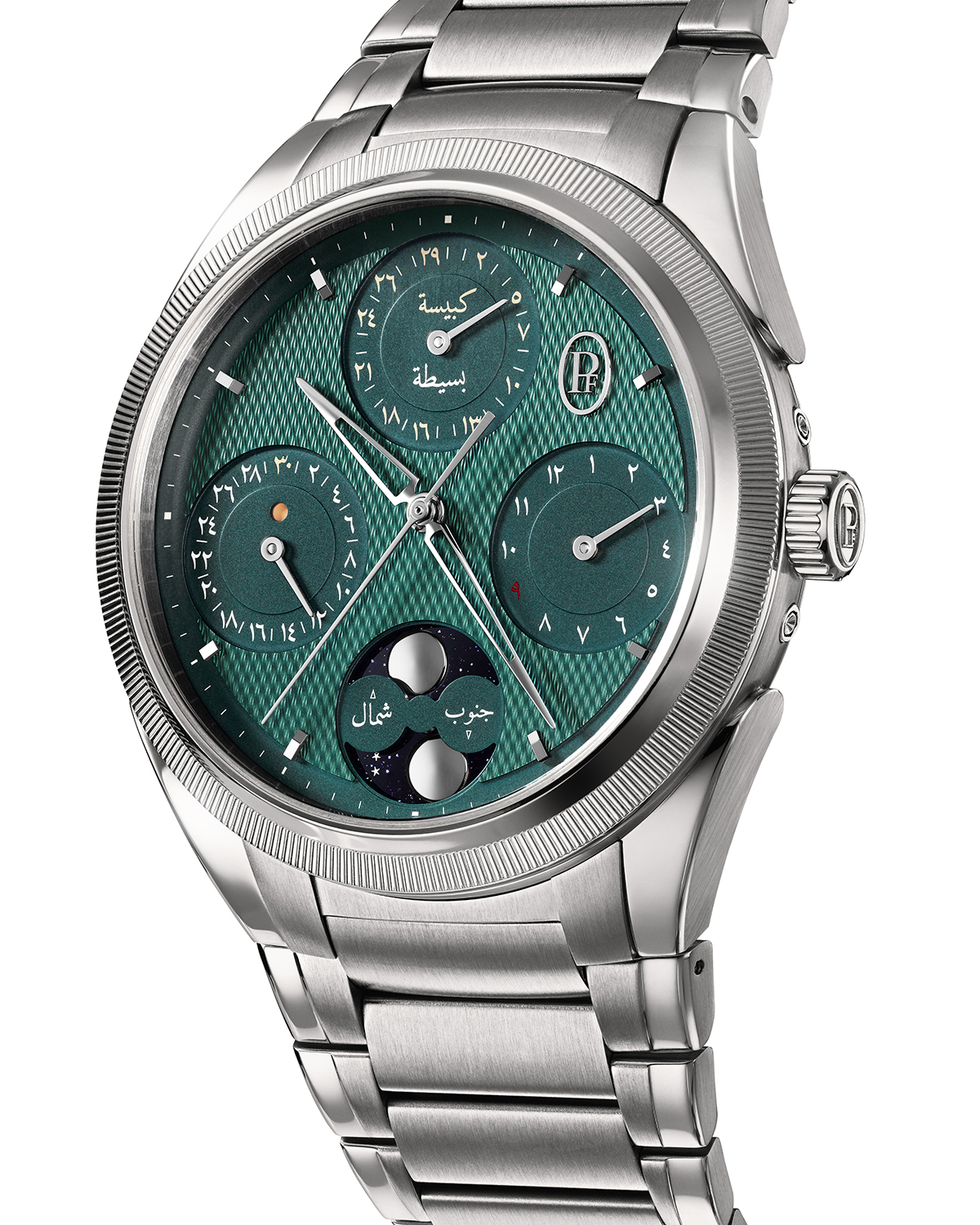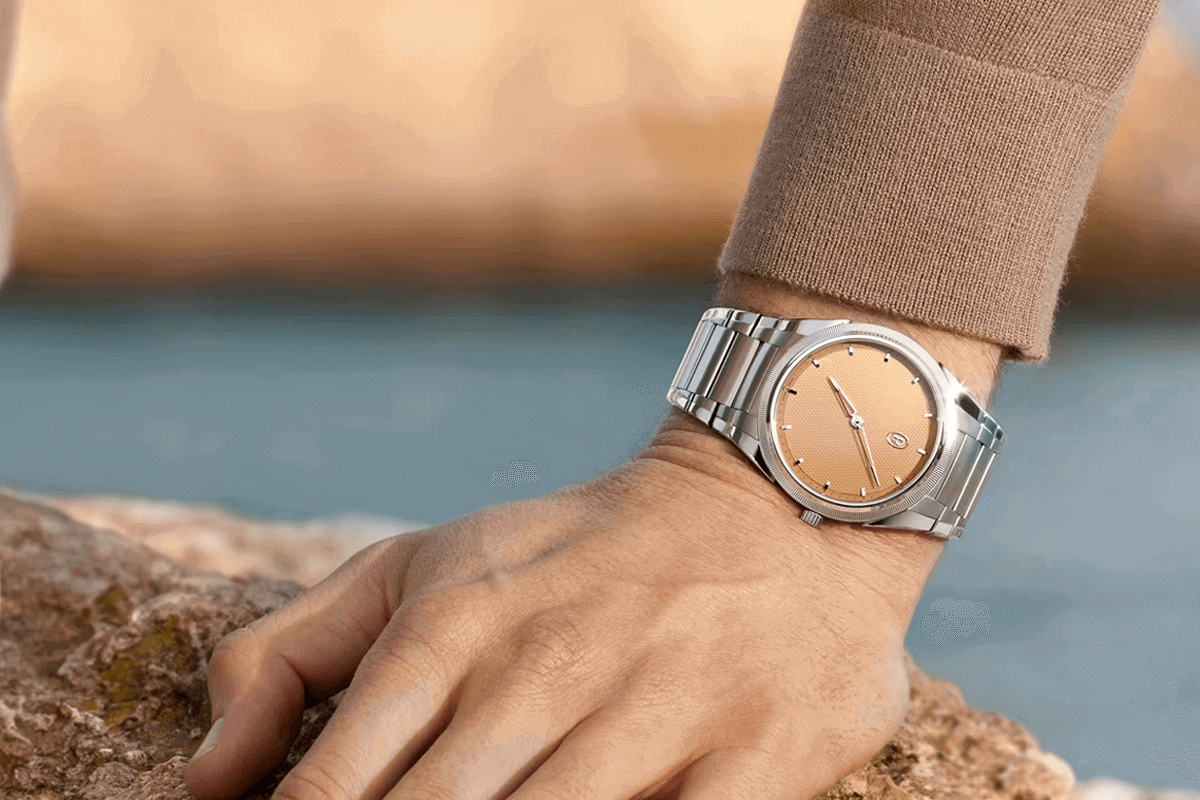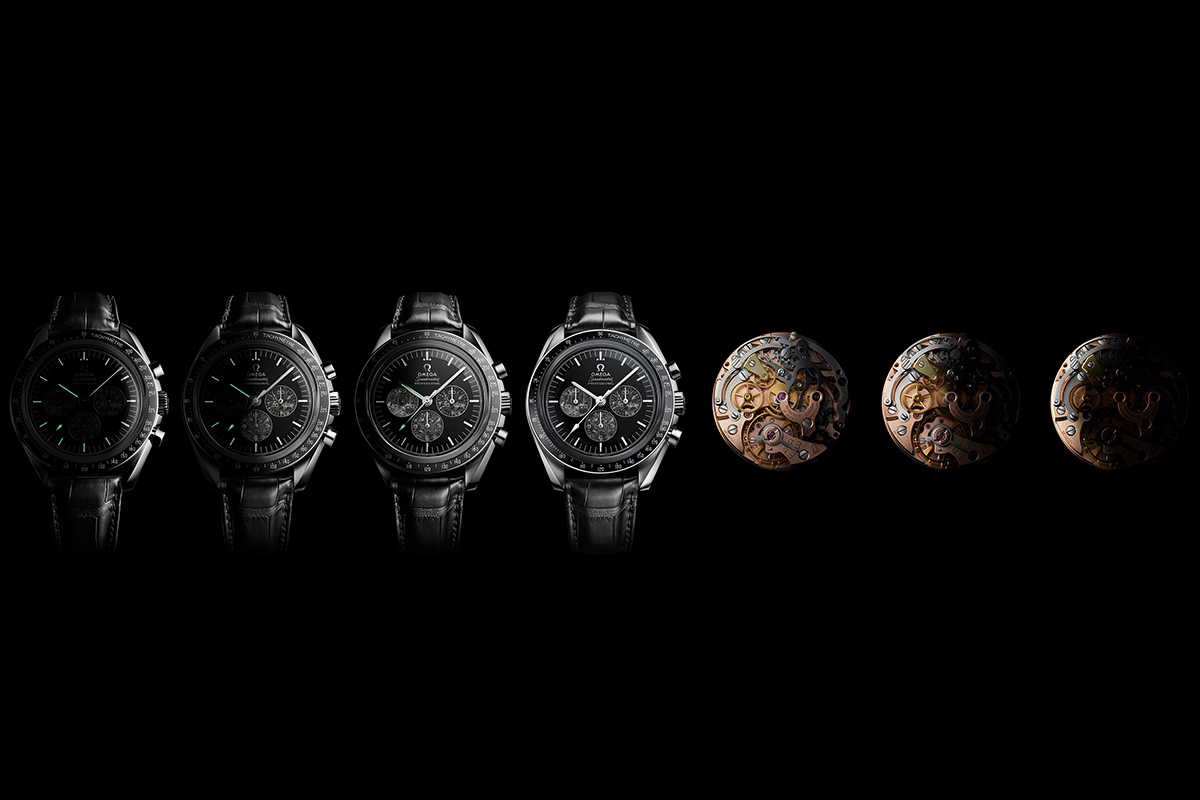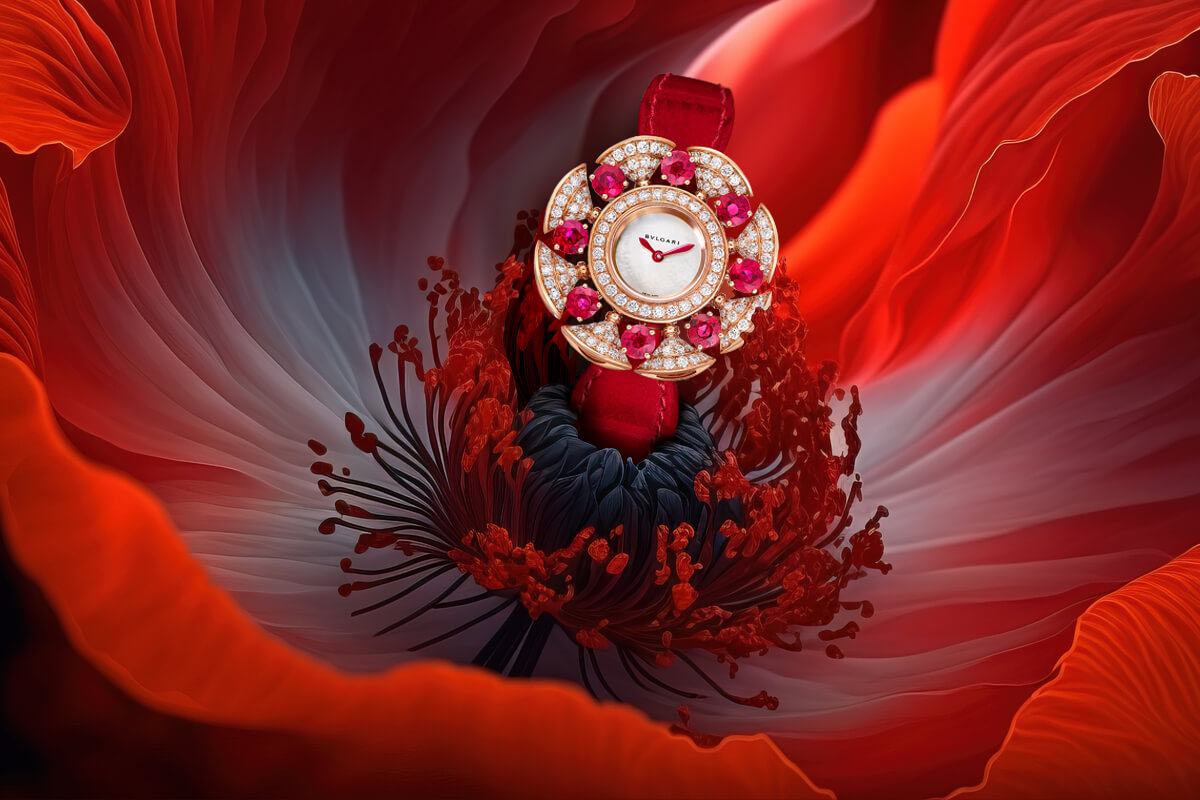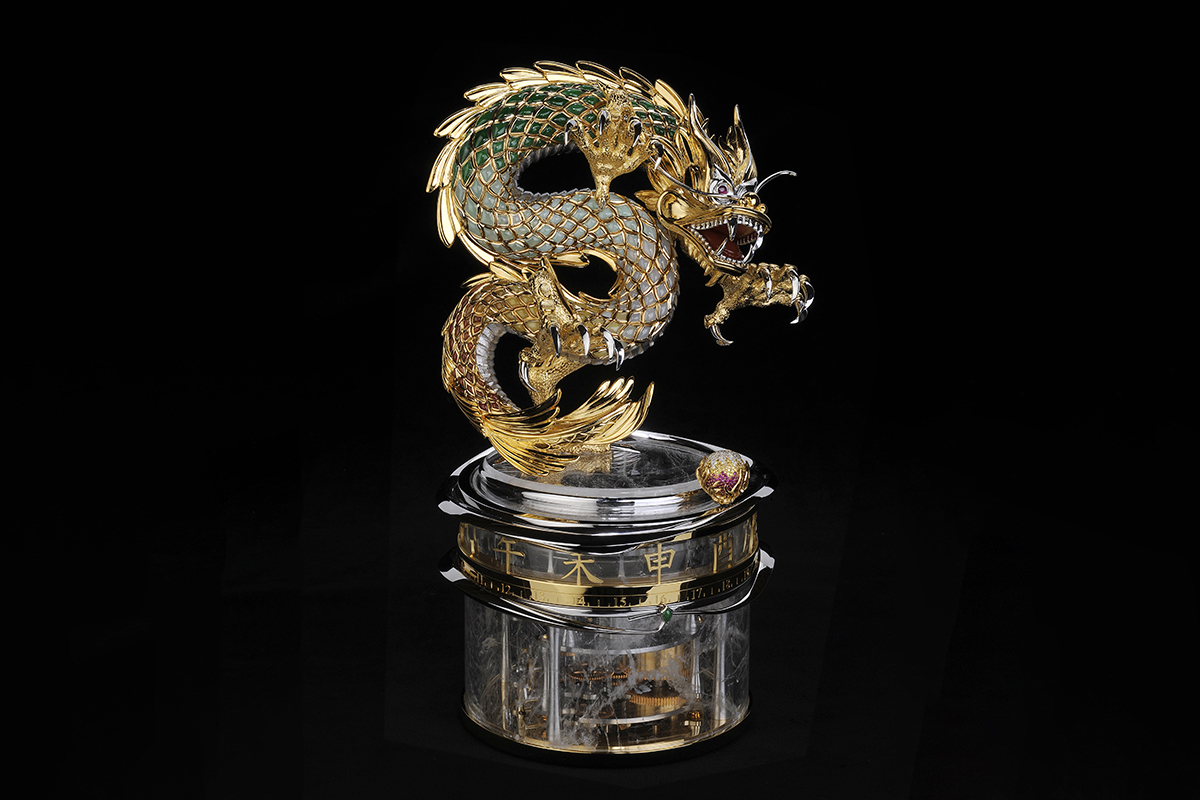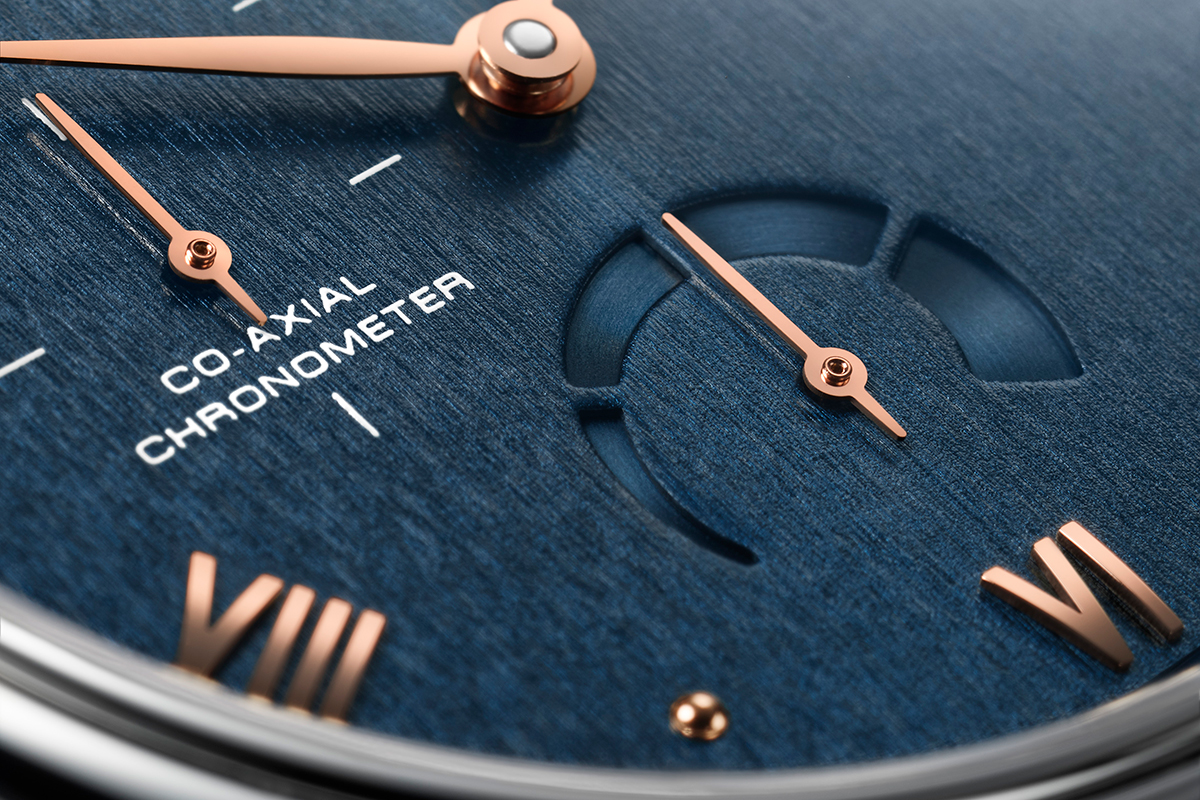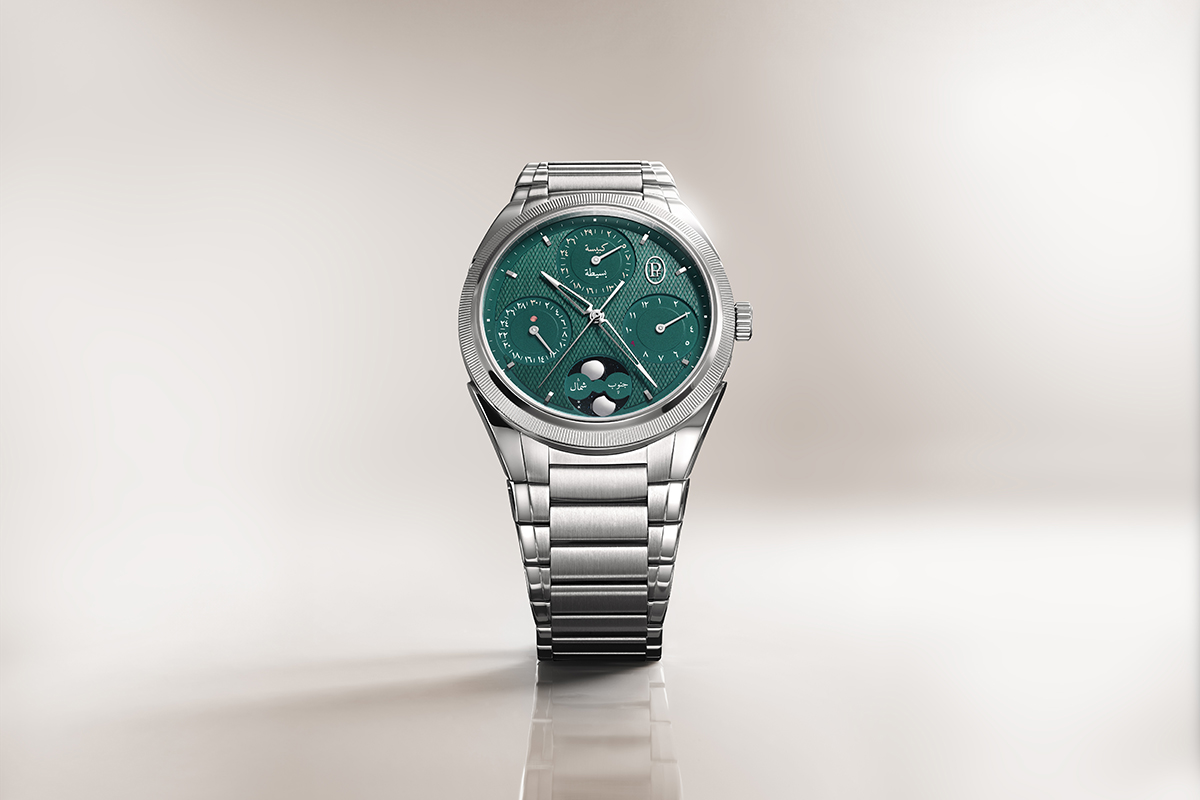
A technical and cultural feat, Parmigiani Fleurier proudly asserts their position as a pioneer in the delicate and historically rooted art of calendar complications, a domain where poetry meets astronomical precision, where history and cultures are based on the movement of celestial bodies, the sun, and the moon.
“We, at Parmigiani Fleurier, embrace a vision that transcends mere timekeeping to touch the very essence of our world’s cultural and historical diversity. This vision shapes every creation of the brand, bearing witness to our deep commitment to understanding and respecting the multifaceted nature of time across epochs and civilizations.” — Guido Terreni, CEO Parmigiani Fleurier & Michel Parmigiani, Founder and Master Restorer
Multicultural Approach and Diversity:
We view calendars not only as instruments of measurement but as true mirrors of the civilizations that conceived them. This recognition of calendars as expressions of cultural diversity guides our design process, encouraging us to integrate the specificities of each society into our timepieces. It is a celebration of the uniqueness of every culture, a tribute to their contribution to our collective perception of time. Taking this vision further, we embrace an inclusive dimension, seeking to represent not only the diversity of cultures but also the plurality of human experiences. For Parmigiani Fleurier, inclusivity means valuing and respecting differences, offering a platform where every tradition can be seen and appreciated, thus contributing to an enriching dialogue between cultures.
The Importance of Calendars in Human History and Civilizations:
Calendars reflect the history, belief, and philosophy of peoples. They structure our social and religious life, mark the passage of time, and punctuate the significant events of our existence. Recognizing their central role, we strive to create watches that are not only precision instruments but also custodians of history and tradition.
The Vision of Watchmaking as a Window to the World:
Inspired by Michel Parmigiani’s belief that watchmaking should reveal history, culture, and philosophy, we are committed to making every watch an open window to the world. The Tonda PF Perpetual Hijri Calendar is a perfect example, embodying our desire to celebrate the richness of watchmaking traditions while paying homage to the sacredness of time in diverse cultures.
Tonda PF At The Forefront Of Calendar Complications
At Parmigiani Fleurier we proudly assert our position as a pioneer in the delicate and historically rooted art of calendar complications, a domain where poetry meets astronomical precision, where history and cultures are based on the movement of celestial bodies, the sun, and the moon.
The Tonda PF collection offers three masterpieces dedicated to this theme: the complete Chinese calendar Xiali, the Western Gregorian calendar, and finally the new Islamic Hijri calendar. This is a technical and cultural feat. Together, these creations bear witness to a profound respect for the diversity of cultures and the complexity of the time that unites us.
Tonda PF Hijri Perpetual Calendar
In 2011, Michel Parmigiani created the Hijri Calendar Table Clock after he was inspired by the restoration of a pocket watch that featured an Arabic calendar. This remarkable achievement was made further impressive when it was miniaturized in wristwatch form as the Hijri Perpetual Calendar which won the 2020 Grand Prix d’Horlogerie de Genève (GPHG) Innovation Prize. In 2023, Parmigiani Fleurier released the Tonda PF Hijri Perpetual Calendar in a platinum case with a fresh design language and simpler dial.
Now Parmigiani Fleurier introduces a new Tonda PF Hijri Perpetual Calendar in a stainless steel case with a vivid Viridian green dial.
The Tonda PF Hijri Perpetual Calendar is a horological expression of the Tabular Islamic calendar which was developed by Muslim scholars and astronomers in the 8th century. This system makes it possible for historians to convert Islamic dates to Gregorian dates and also makes the Hijri Perpetual Calendar possible. The first year of the Hijri calendar corresponds to the year 622 CE and is marked by the Prophet Muhammad’s Hijrah (Arabic for “migration”) from Mecca to Medina in modern-day Saudi Arabia.
The lunar Hijri calendar is based on the cycles of the moon in comparison to the solar Gregorian calendar and lunisolar Chinese Xiali calendar. This makes for a 30-year cycle with each year consisting of 12 months that are 29 or 30 days long. In each 30-year cycle there are 19 common years consisting of 354 days and 11 abundant years consisting of 355 days.
The Scaredness Of Time
There are four sacred months of the year during which there is to be no violence, no war or wrongdoing bur rather a renewed and heightened focus on piety and carrying out good deeds.
Three of these sacred months occur consecutively beginning with the 11th month of the year Dhul-Qa’dah (denoted by ١١ on the month sub-dial) followed by Dhul-Hijjah (denoted by ١٢), and then the first month of the new year which is Muharram (denoted by ١). These three sacred months being consecutive makes sense when one considers that Dhul-Hijjah is when the Hajj pilgrimage to Mecca occurs, with the months before and after ensuring peaceful journeys to Mecca and to return home. Finally there is Rajab (denoted by ٧) which is the seventh month of the year. Landing right in the middle of the year, Rajab is also a time for peace and reflection in the lead-up to Ramadan as well as a time for the voluntary pilgrimage to Mecca known as an Umrah.
Denoted by ٩ in red is the month of Ramadan during which Muslims fast from sunrise to sundown for either 29 or 30 days. The month culminates with Eid al-Fitr which is the first of two major Islamic holidays, the second of which being Eid Al-Adha which always lands on the tenth day of the last month of the year.
Steel And Viridian Green
The new Tonda PF Hijri Perpetual Calendar has a 100m water-resistant stainless-steel case with alternating satin and polished finishes. Its signature fluted bezel is in 950 platinum and it is paired with a matching stainless-steel bracelet with folding clasp. The viridian green dial is hand finished with a Grain d’Orge guilloche. The applied hour markers and skeletonized delta hour and minute hands are crafted in 18k gold with rhodium plating. The second hand and calendar subdial hands are made of rhodium-plated steel.
Islamic Calendar
The Tonda PF Hijri Perpetual Calendar is equipped with the Caliber PF009 automatic movement, which operates at 28,800 vibrations per hour (4 Hz) and has a power reserve of 48 hours. The intricate movement has beveled bridges. The skeletonized rotor is chiseled from platinum with a polished and sandblasted finish. Like the case and dial, it is meticulously finished with Côtes de Genève and perlage throughout.
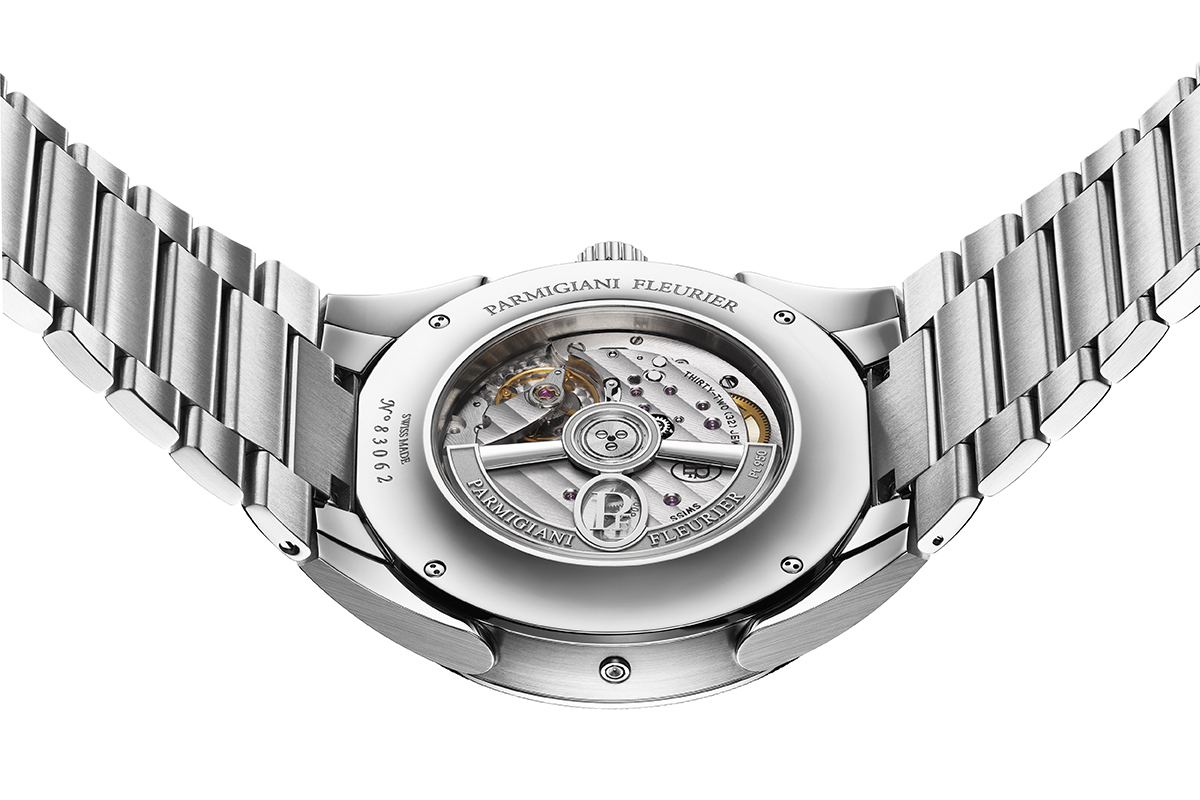
The Tonda PF Hijri Perpetual Calendar displays all the information on the dial. The 12-hour subdial shows the 30-year cycle with the abundant 355-day years in beige and the standard 354-day years in white. The 3 o’clock subdial indicates the numbered months of the year with the ninth month of Ramadan highlighted in bright red. The 9 o’clock subdial shows the days of the month with an aperture indicating whether it is a 30-day abundant month or a 29-day common month. A white aperture indicates a 29-day month. The activated beige aperture indicates a 30-day month, with the number 30 in beige and written in Arabic as ۳۰ Finally, the 6 o’clock subdial features the blue aventurine moon phase display, which shows the position of the moon in the northern and southern hemispheres.
“Watchmaking should be a window onto the history, culture and philosophy of the peoples who have shaped our perception of time.” – Michel Parmigiani, Founder and Master Restorer
Discover the Parmigiani Fleurier collections with Cortina Watch online, visit us at our boutiques, or contact a sales representative today to learn more.
